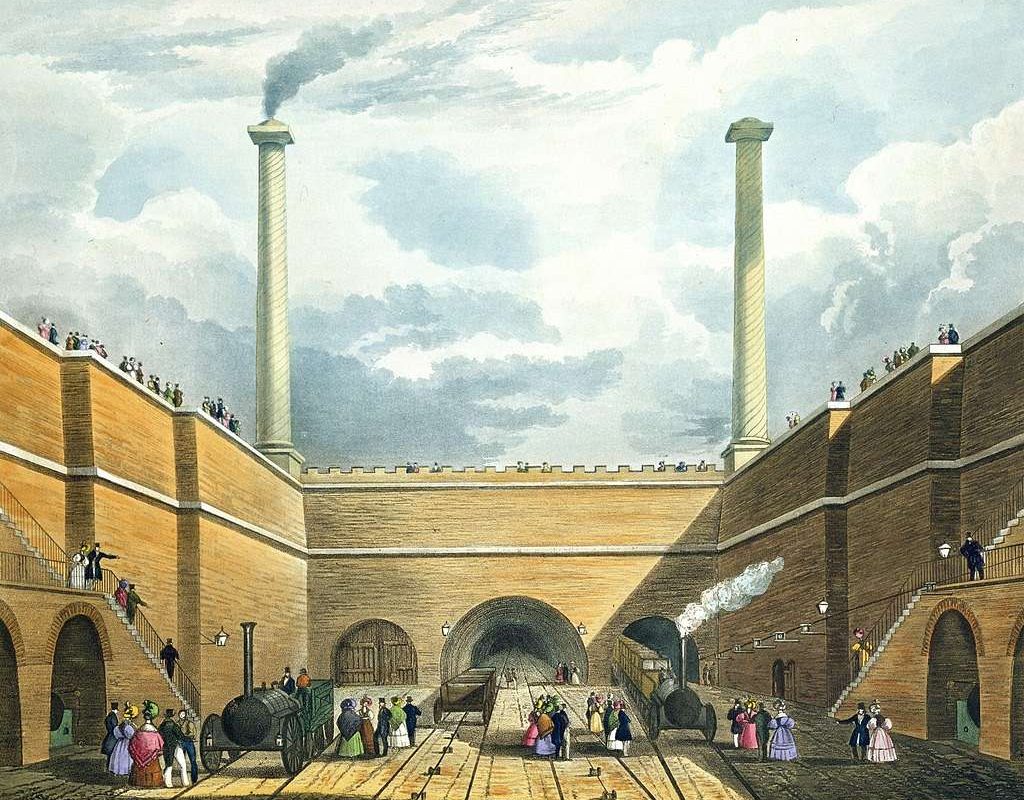Rebellious Daughters of History #5
by Judy Cox

Anna Wheeler’s famous appeal
Anna Wheeler (1780–1848) was one of the first socialist feminists to speak out in public to demand radical reform. Anna married Francis Massey Wheeler when she was 15 but he was an abusive alcoholic and she later left him.
Wheeler’s husband died in 1820 and left her penniless. She supported herself and her children by translating into English the works of french socialists. In London, she met Robert Owen, Jeremy Bentham and Frances Wright, and became close friends with radical William Thompson. In 1825, they wrote An Appeal of One Half of the Human Race, Women, Against the Pretensions of the Other Half, Men, to Retain them in Political, and Hence in Civil and Domestic, Slavery.
Thompson described the book as the “joint property” of himself and Anna Wheeler.
Wheeler was one of the first women to campaign for women’s rights at public meetings in England. In an address of 1829, Wheeler refuted arguments for male superiority and encouraged women to create an organisation “to obtain… the removal of the disabilities of women and the introduction of a national system of equal education for the Infants of both sexes.”
Wheeler was a friend of the French feminists and socialists Flora Tristan and Jeanne Deroin and Charles Fourier and Henry Saint-Simon. In the early 1830s. she helped to establish the journal Tribune des femmes. Wheeler died in 1848.
One of Wheeler’s great-granddaughters was, Lady Constance Lytton, who became a leading suffragette protester and hunger striker who protested against the privileges given to upper class suffragette prisoners.
Thompson wrote this to Wheeler:
‘You look forward, as I do, to a state of society very different from that which now exists, in which effort of all is to out wit, supplant, and snatch from each other; where the so-called system of morals is little more than a mass of hypocrisy preached by knaves, and practised by them, to keep their slaves, male as well as female, in blind uninquiring obedience; and where the whole motley fabric is kept together by fear and blood.
You look forward to a better aspect of society; where the principle of benevolence shall supersede that of fear; where restless and anxious individual competition shall give place to mutual co-operation and joint possession; where individuals in large numbers, male and female, forming voluntary associations, shall become a mutual guarantee to each other for the supply of all useful wants, and form an unsalaried and uninsolvent insurance company against all insurable casualties; where perfect freedom of opinion and perfect equality will reign amongst the co-operators; and where the children of all will be equally educated and provided for by the whole, even these children longer the slaves of individual caprice.’

Frances Ellen Watkins Harper (1825-1911) “Bury me in a Free Land”
Frances Harper, born in 1825 in Baltimore, was a leading African-American poet and writer. She was also an ardent activist in the abolitionist and women’s rights movements.
After losing her mother at a young age, Harper was raised by an aunt. She attended a school for African-American children run by her uncle and then began working as a servant. In 1845, Harper published her first collection of poetry, titled Forest Leaves. In 1850 Frances began teaching domestic skills at a school run by leading abolitionist, John Brown. Harper became dedicated to the abolitionist cause.
In 1854, Harper published Poems of Miscellaneous Subjects, which featured one of her most famous works, “Bury Me in a Free Land.” She also became a popular abolitionist lecturer, appearing with Frederick Douglass, William Garrison, Lucretia Mott and Lucy Stone.
Harper made literary history in 1859 when she published “Two Offers” becoming the first African-American female writer to publish a short story. The following year, she married Fenton Harper and in 1862, she gave birth to a daughter, Mary.
She also wrote several poems which explored her experiences during the reconstruction. Harper published her most famous novel Lola Leroy in 1892. Four years later, she cofounded the National Association of Colored Women with Ida Wells, Harriet Tubman. The organization campaigned for the rights of African-American women.
Harper continued to support women’s suffrage and the NACW. She died of heart failure on February 22, 1911, in Philadelphia, and was buried next to her daughter, Mary, at Eden Cemetery.
Bury me in a free land
Make me a grave where’er you will,
In a lowly plain, or a lofty hill;
Make it among earth’s humblest graves,
But not in a land where men are slaves.
I could not rest if around my grave
I heard the steps of a trembling slave;
His shadow above my silent tomb
Would make it a place of fearful gloom.
I could not rest if I heard the tread
Of a coffle gang to the shambles led,
And the mother’s shriek of wild despair
Rise like a curse on the trembling air.
I could not sleep if I saw the lash
Drinking her blood at each fearful gash,
And I saw her babes torn from her breast,
Like trembling doves from their parent nest.
I’d shudder and start if I heard the bay
Of bloodhounds seizing their human prey,
And I heard the captive plead in vain
As they bound afresh his galling chain.
If I saw young girls from their mother’s arms
Bartered and sold for their youthful charms,
My eye would flash with a mournful flame,
My death-paled cheek grow red with shame.
I would sleep, dear friends, where bloated might
Can rob no man of his dearest right;
My rest shall be calm in any grave
Where none can call his brother a slave.
I ask no monument, proud and high,
To arrest the gaze of the passers-by;
All that my yearning spirit craves,
Is bury me not in a land of slaves.



